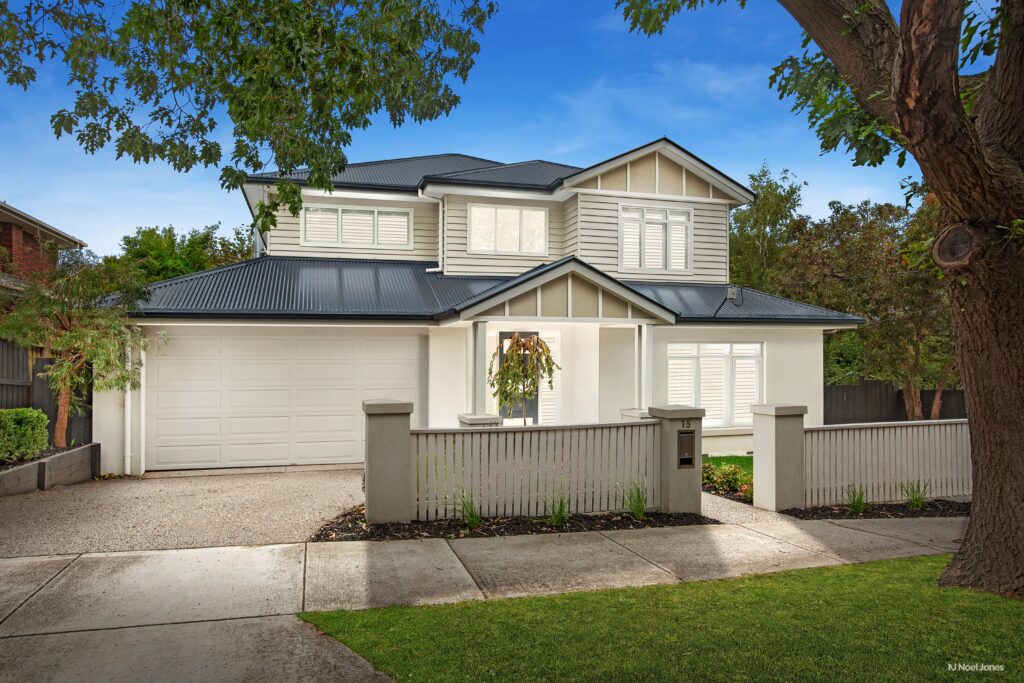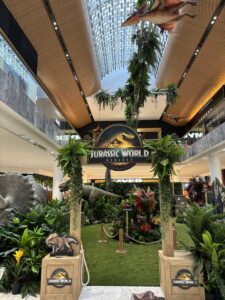Both new and established investment properties attract depreciation deductions for their owners, however, there are differences in what owners are eligible to claim.
In this article, BMT Tax Depreciation outlines the differences in depreciation eligibility between new and established investment properties, which may be an important factor when deciding which type of property to invest in.
Depreciation overview
Depreciation is the natural wear and tear of a property and the assets within it over time. The Australian Taxation Office (ATO) allows owners of income-producing properties to claim this as a tax deduction.
Depreciation is claimed under two categories. Capital works deductions (Division 43) are claimable on the building’s structure and assets permanently fixed to the property. Plant and equipment depreciation (Division 40) is claimable on assets which are easily removable from the property or mechanical in nature.
Depreciation is claimed differently depending on the category and which method is used to calculate depreciation.
Capital works deductions are typically claimed at a rate of 2.5 per cent over the life of the property (forty years) from the construction completion date. Meanwhile, plant and equipment assets are claimed at a rate over their effective life set by the ATO. For instance, a dishwasher has an effective life of eight years with a depreciation rate of either 25 per cent if calculated under the diminishing value method, or 12 per cent if calculated under the prime cost method.
New properties
New properties generally contain higher depreciation deductions than established ones. This is because new properties are not affected by the 2017 legislation changes and their owners are eligible to claim plant and equipment assets.
Construction costs generally increase over time, making capital works deductions on new buildings higher.
In the 2021-22 financial year, BMT data shows brand new properties claimed an average of $15,363 in first full-year depreciation deductions, while fairly new properties claimed an average of $8,032.
Established properties
Established properties are sometimes overlooked for depreciation deductions as investors think they’re non-existent, however, there are thousands of dollars in deductions available for older properties.
After the 2017 legislation changes, owners of second-hand properties could no longer claim deductions for existing plant and equipment assets.
This doesn’t necessarily mean plant and equipment assets in established properties can’t be claimed, they can, but they must be brand new. For instance, if a new dishwasher is installed while the property is income-producing, the owners can claim this as it’s a new asset.
Fortunately, capital works deductions are not affected by these changes and typically make up 85-90 per cent of a total depreciation claim.
BMT data shows properties affected by the 2017 legislation changes still claimed an average of $6,249 in first full-year depreciation deductions in financial year 2021/22. Even properties built in 1987 and prior claimed an average of $5,403 in depreciation deductions in the first full financial year.
Renovations
Many older properties have undergone ‘substantial renovations’, according to the ATO, which refers to when all, or substantially all, of a building is removed or replaced. However, the renovations need to involve removal or replacement of foundations, external walls, interior supporting walls, floors, roof or staircases.
Owners can claim deductions for the substantial renovations commencing from the construction completion date, including new plant and equipment assets.
These types of renovations can be claimed – even when completed by a previous owner. Site inspections are essential in identifying these renovations to maximise a client’s tax deductions while maintaining full ATO compliance.
BMT Tax Depreciation has been conducting site inspections on properties for over twenty years. A BMT Tax Depreciation Schedule has never failed an audit and is the preferred supplier to thousands of accountants across the country.
If you’d like to know more about depreciation or what they look like in your investment property, call BMT on 1300 728 726 or Request a Quote.
The average depreciation claims used within this article have been calculated using the diminishing value method.






